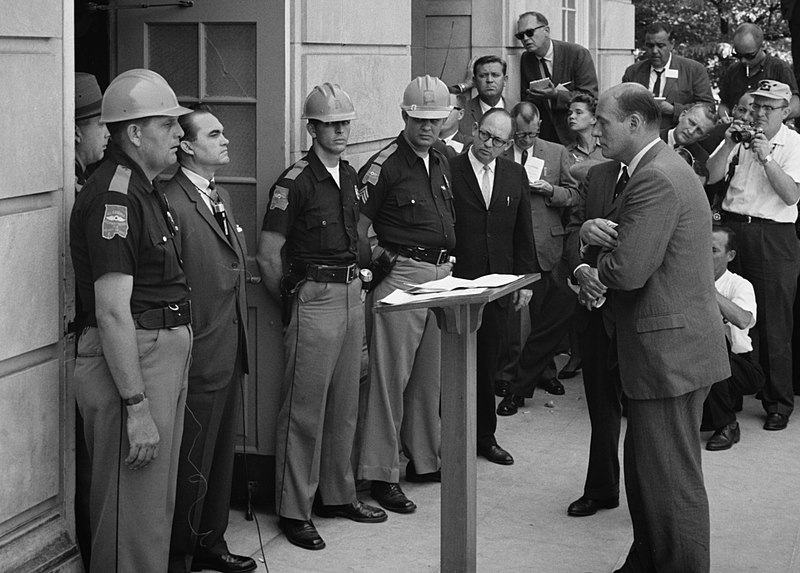Why are we listening to the Bush administration officials anyway? They didn’t get Bin Laden. They’re like the Winklevoss Twins of getting Bin Laden. If you were the guys who were going to kill Bin Laden, you would have killed Bin Laden!
–Jon Stewart on last night’s Daily Show.
[reddit-me]When Bin Laden was killed, many of my more right-wing friends were oddly silent. Rather than the relief I and so many others felt, they seemed discomfited — not by the tactics or legality or potential consequences of the action, but by a cognitive dissonance as they tried to reconcile their visceral dislike of Obama as anti-American and perhaps even sympathetic to terrorists and their approval of his actions. Then Rush Limbaugh gave them the defense mechanism they needed — and suddenly it became glaringly obvious to them that Obama was taking too much credit for the operation, that he had used first person pronouns way too much in the speech. (Though the words of the speech don’t bear that out.)
But worse than Limbaugh’s attempts to insulate his audience from that uncomfortable feeling of challenging their preconceptions about Obama are the former Bush administration officials’ attempts to take credit for themselves, using this triumph of American military force and intelligence to justify their subversion of both.
As outrageous as it sound, the contemporaneous record reflects that the Bush administration prioritized Saddam over Bin Laden shortly after 9/11 and was unwilling to provide the boots on the ground or even drones urgently requested by the CIA and Special Forces tracking Bin Laden in the aftermath. The Bush administration was unwilling to provide the Pakistani army the air transport they claimed they needed to move troops to the border to secure it even as the Bush administration relieved relied upon and trusted the Pakistani army to secure their wild and lawless border to cut off Bin Laden’s escape. Worse still, the “intelligence” provided by illegal, tortured confessions in contradiction of America’s long military and intelligence history were used to justify the Bush administration’s belief that Saddam and Bin Laden were working together on a WMD attack on America — and later, this same intelligence sources under torture, provided the basis for shutting down the team focused on finding Bin Laden, as they pretended he was a mere figurehead. (A logical bit of information to make up if you wanted an interrogation to end and you couldn’t give them the actionable intelligence to find Bin Laden they wanted.) It was this last bit of intelligence which the former Bush administration officials claim credit for being used to find Bin Laden:
Al-Libbi told interrogators that the courier would carry messages from bin Laden to the outside world only every two months or so. “I realized that bin Laden was not really running his organization. You can’t run an organization and have a courier who makes the rounds every two months,” Rodriguez says. “So I became convinced then that this was a person who was just a figurehead and was not calling the shots, the tactical shots, of the organization. So that was significant.”
And later that same year, the CIA shut down its dedicated hunt for OBL.
Obama, upon taking office, did not do anything incredible. What he did do was to apply some common sense that the panic-stricken and Iraq-obsessed Bush administration had missed — he re-focused the national security apparatus on destroying Al Qaeda and Bin Laden. That’s why drone attacks began to increase when he became president. That’s part of the reason why he surged troops into Afghanistan. That’s why — as a candidate — Obama promised that he would go into Pakistan after Bin Laden even if the Pakistanis did not sanction the operation. (This bit of common sense caused Hillary Clinton and John McCain to slam him for his position.) That’s why the Bin Laden operation was so carefully planned for, with every possible scenario gamed out — from scenarios where the Special Forces needed to fight their way out of Pakistan to teams ready to interrogate him.
There was certainly a great deal of luck involved — and if the Bush administration had been presented with the same opportunity to get Bin Laden, I’m sure they would have taken it. But surely it is not a coincidence that the administration that had higher priorities than finding Bin Laden let him slip through their fingers several times while the administration that focused the mighty resources of the United States military and intelligence apparatus on Al Qaeda and Bin Laden found the opportunity that had failed to present itself for seven long years under Bush’s leadership.
Leadership matters. It’s a little too late to take credit now.


 [reddit-me]
[reddit-me]






